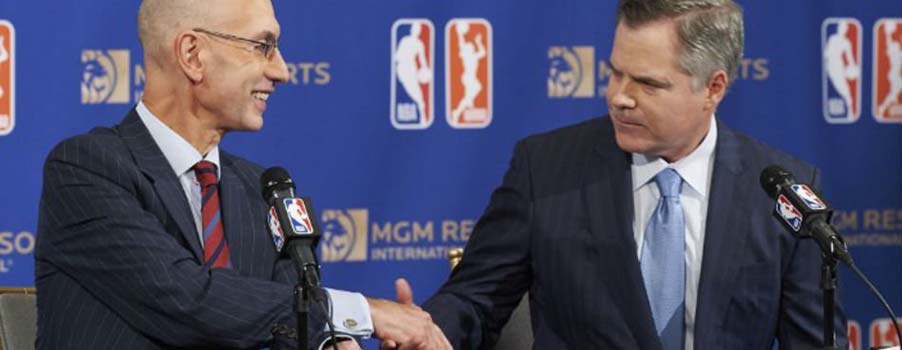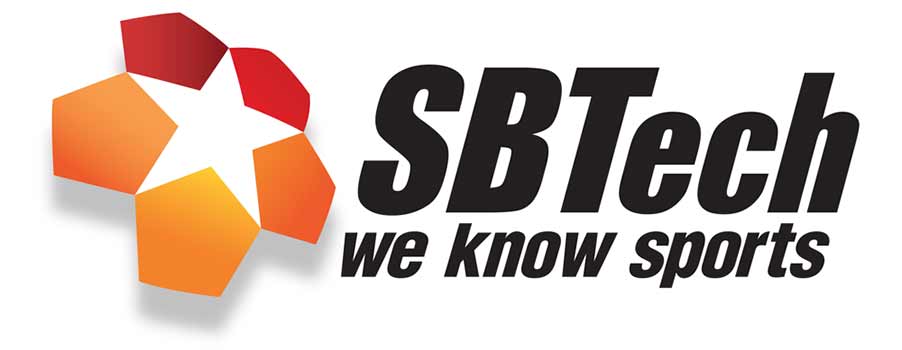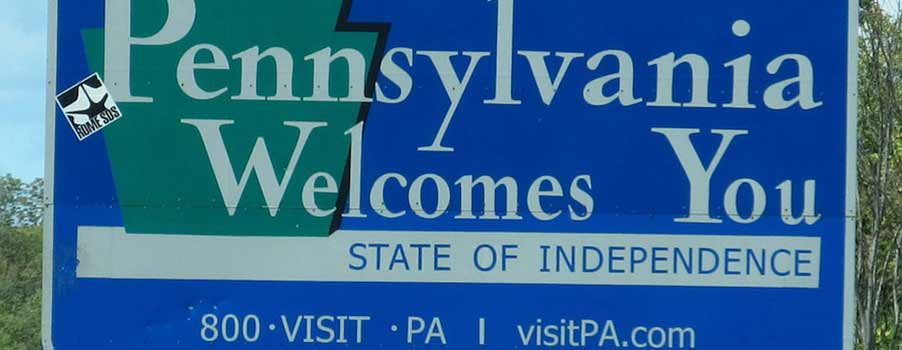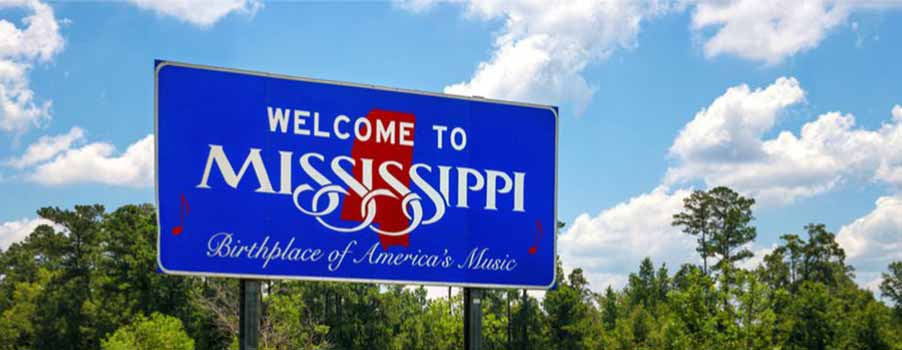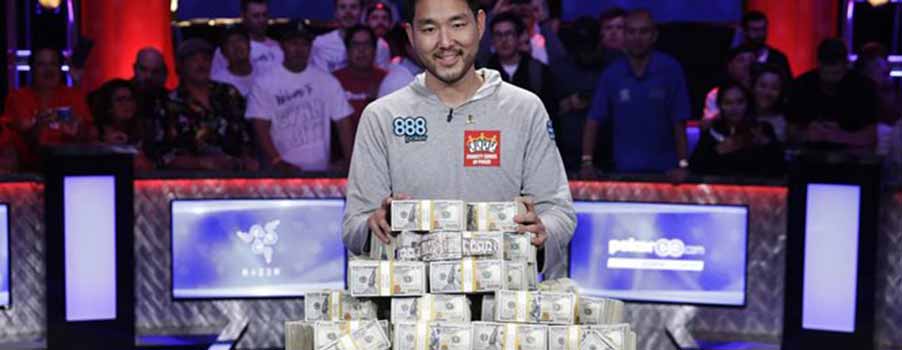The California-based Iipay Nation of Santa Ysabel, a native tribe in the United States has been championing its online poker and bingo offerings for a while now but it seems they were not quite ready for the battle that would ensue.
The tribe’s Desert Rose online bingo site has been the bone of contention that has pitted the federal regulators of the tribe for years. However, unfortunately for the tribe, a federal court has made a ruling that sides with federal regulators – the site will have to go.
The U.S. Court of Appeals of the Ninth Circuit, following the recent U.S. Supreme Court landmark ruling that lifted the federal ban on sports betting, upheld a previous decision by a lower district court. The decision had sided with the state of California is its efforts to try and force the tribe at the picture as far as online gambling is concerned.
Even though the tribe’s chances of winning this fight were somewhat limited, the case still represents a key milestone in the quest for adding clarity to gambling laws in the country.
The case which stems back to November 2014 stated that the tribal operator had violated the Unlawful Internet Gambling Enforcement Act (UIGEA) – at the time when the tribe launched the Desert Rose Bing Site, the state of California did not have any regulatory framework in place. The tribe, in its defense, argued that the Indian Gaming Regulatory Act (IGRA) had given it sovereign right to offer Class II games like poker and bingo. However, the court maintained that the UIGEA law is superior to the IGRA.
“The panel held that Iipay Nation’s operation of Desert Rose Casino violated the Unlawful Internet Gambling Enforcement Act (“UIGEA”). The panel held that the Indian Gaming Regulatory Act protected gaming activity conducted on Indian lands, but the patrons’ act of placing a bet or wager on a game of Desert Rose Casino while located in California, violated the UIGEA and was not protected by the Indian Gaming Regulatory Act. The panel further held that even if all of the “gaming activity” associated with Desert Rose Casino occurred on Indian lands, the patrons’ act of placing bets or wagers over the internet while located in a jurisdiction where those bets or wagers were illegal made Iipay Nation’s decision to accept financial payments associated with those bets or wagers a violation of the UIGEA,” reads an extract from the three-judge panel’s summary.
“Because Iipay’s operation of DRB violates the UIGEA, the Court of Appeals for the 9th Circuit affirmed the district court’s order granting summary judgment to the Government.”
The tribe has not made any comments as to what it plans to do next – one of the options would be to take the case to the United States Supreme Court but there are very slim chances that the court would even consider hearing the case.


